The book is a study of Muslim ethos as reflected in Urdu literature in North India. Urdu was adopted as a literary language to escape from the domineering and snobbish attitude of non-Indian poets of Persian at the Mughal Court. It was shaped by borrowing the framework and literary traditions of the Persian, sometimes ignoring the local heritage. The responses and reactions of the Urdu literati to the outbreak of 1857 were quite significant. The Aligarh movement’s significant contribution to the development of Urdu literature had been to transform the spirit permeating Urdu literature by making it more concerned with the community problems and to lead the growth of various branches of prose literature. In the post-1900 period, the Muslim elite conducted the movement for Urdu, at an all-India level, by declaring it to be of special concern to the Muslims. This, in the long run, stunted its growth and reduced its popularity which got confined to the Muslim middle classes. In the first four decades of the 20th century, the concept of nationalism based on geographical limits came in for criticism and the advocacy of nationalism based on millat had begun. The traditional Muslim elite leadership succeeded in smothering the revolt, heralded by the publication of Angarey, against its control over the society. It did not encourage the recognition of such poets as were critical of the elite.
Muslim Ethos: As Reflected in Urdu Literature
In stock
Free & Quick Delivery Worldwide
Bibliographic information
Title
Muslim Ethos: As Reflected in Urdu Literature
Author
Edition
1st ed.
Publisher
ISBN
8170335695
Length
xi+268p., Tables; Bibliography; Index.
Subjects

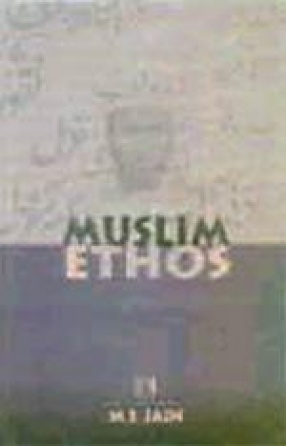
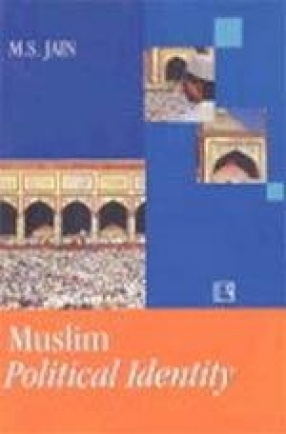

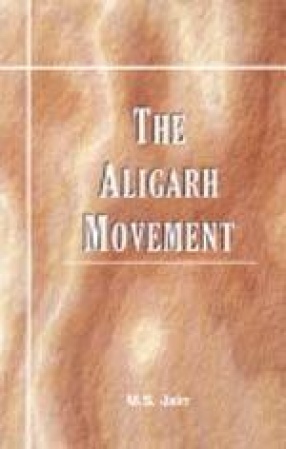
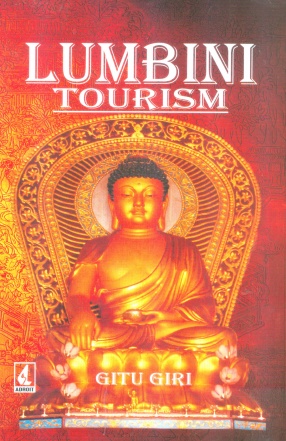
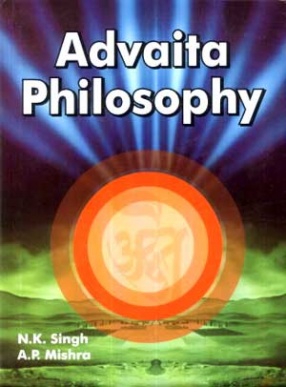
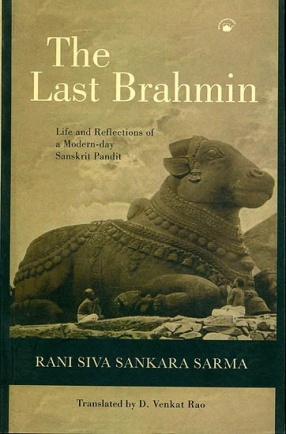
There are no reviews yet.